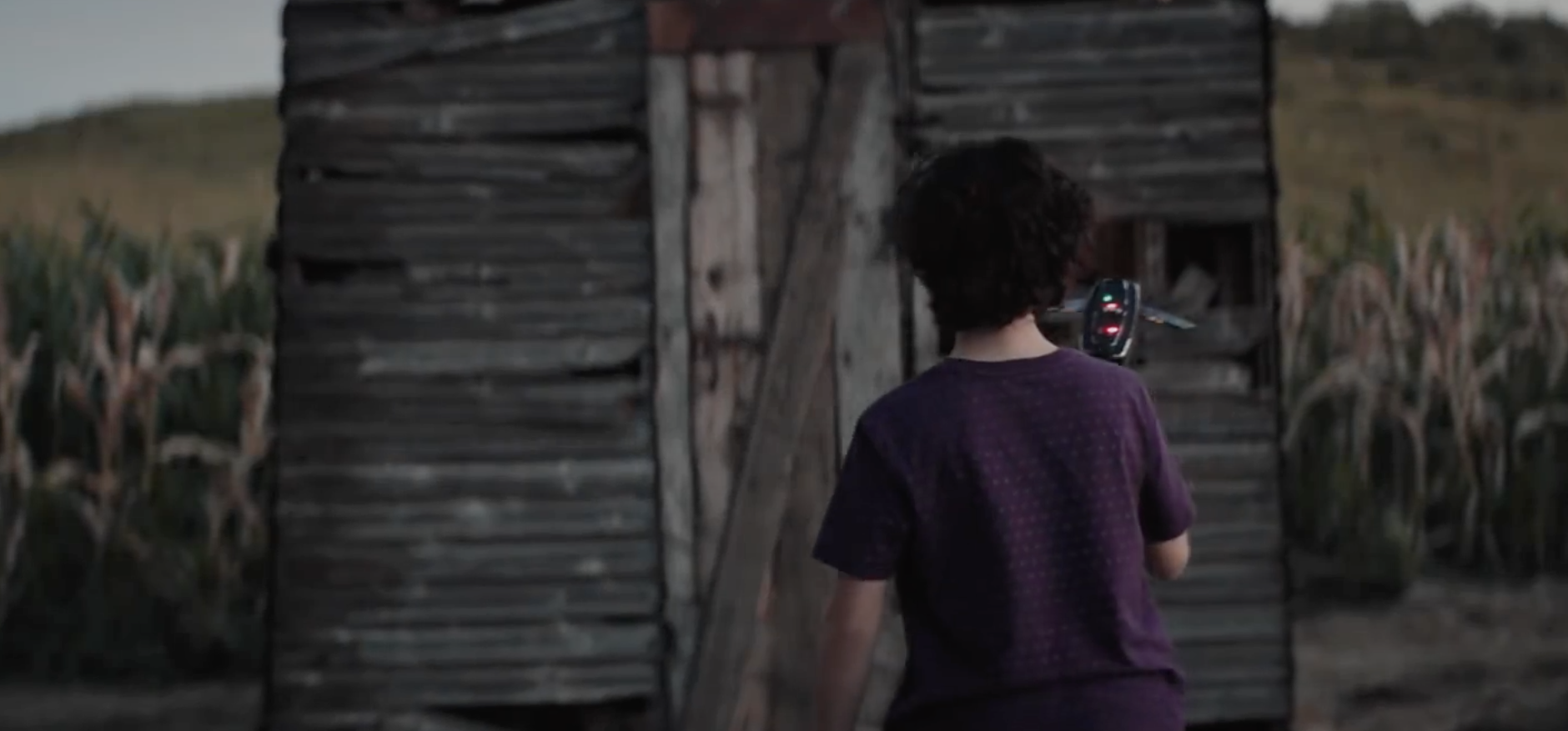Jason Reitman’s Ghostbusters: Afterlife is set for release on July 10th, and while it’s still months from its premiere, the film has already generated some controversy over its production.
Interestingly, the controversy has less to do with Ghostbusters: Afterlife itself than it does its standalone predecessor, 2016’s Ghostbusters (with Answer the Call being the subtitle added later in the marketing cycle).
It all began when the writer/director chosen to reboot the Ghostbusters franchise, Paul Feig, named his all-female lead cast. A great deal of sexist vitriol swept the Twittersphere and beyond, and while there was a great deal of criticism understandably focussed on the discontinuation of the original films, especially given that the cast are still alive minus Harold Ramis, the sexist rhetoric came out loudest.
Then the first trailer landed.
The trailer opened the floodgates, quickly racking up a disproportionate amount of dislikes before becoming the most disliked film trailer on YouTube at the time with over a million downvotes. Many felt that their worst fears had been confirmed, and again while many complained of the new take on the franchise, the sexist hate speech prevailed and unduly marred much of the film’s publicity. Coordinated efforts followed to lower the film’s IMDb score, and all this before it had even been released!
The cast and crew were understandably frustrated, as many had chosen to write the film off before it saw the light of day, and there was the insinuation that it primarily had to do with gender. Cast member Leslie Jones got the brunt of the abuse, as misogyny turned to racism following her response to criticism about her character, receiving so much online abuse that the actress and comedian even left Twitter for a period.
Perhaps somewhat unsurprisingly, Feig’s Ghostbuster’s was a commercial failure, losing an estimated $125 million. This in turn snuffed out any hopes of a sequel, as to do so would have been commercial suicide.
Instead, the studio opted for a route similar to that of the Terminator franchise with last year’s release of Dark Fate, in that they wrote off everything that came after the original two films, all but acknowledging that things simply weren’t working. What ensued was another reboot of the Terminator and Ghostbusters franchise, taking the original stories in new, modernised directions.
While the Terminator blueprint is hardly fool proof given Dark Fate’s own abysmal run at the box office (an estimated $130 million loss), creative decisions made by Reitman and co-writer Gil Kenan, as well as the film’s trailer have been met with praise, as the tone feels very much in the same spirit of the original films.
The controversy kicks off when Leslie Jones boldly took to Twitter to voice her disapproval with he production, stating that it was “so insulting” that they would go ahead with another reboot of the franchise which disregards the hard work previously put in by her, her castmates and the crew. There were those who agreed with Jones, believing that the body of the 2016 film wasn’t even cold and yet the decision is made to move on from it so unceremoniously.
The decision was clearly an economic one, but it becomes clear after 2016’s Ghostbusters that the franchise had become entrenched in ongoing debates about gender politics, making it hard to look past the issue with each new production, in spite of the fact that the outrage towards the onslaught of online sexism and misogyny were completely justified.
I believe all audiences really wanted was a direct sequel to the original films that they hold so dearly, and if I’m being honest, I thought 2016’s Ghostbusters felt more like a PG paranormal sequel to Feig’s Spy than it did a member of the storied franchise. I greatly enjoy Feig’s work, Spy included, but he wasn’t the right fit for the film, and more often than not his typically sharp, biting wit falls surprisingly flat, with the first 20 minutes alone resorting to enough toilet humour for an entire Adam Sandler vehicle. Perhaps most surprisingly, the normally mesmerising Kate McKinnon completely misses the mark in her role, with the zany persona that works so well on SNL translating poorly here.
This isn’t a review of 2016’s Ghostbusters, but my negative thoughts toward the film come from its tone and overall execution, not the gender of its cast, and I’m confident most of the film’s detractors feel the same.
Regardless of your views on Paul Feig’s 2016 entry in the Ghostbusters franchise, it’s fair to say that the controversy surrounding it became bigger than the film itself. I think the decision to go with the upcoming reboot stems from a variety of different factors, and while I do think that sexism and misogyny in a portion of the audience base unquestionably had a part to play, it was by no means the sole reason for its failure.
Jason Reitman’s Ghostbusters: Afterlife, on the other hand, has generated some criticism after the fallout of 2016’s Ghostbusters, but it’s been drowned out by anticipation for the long-awaited sequel to original films that offered the answer to the iconic question, “Who you gonna call?”

